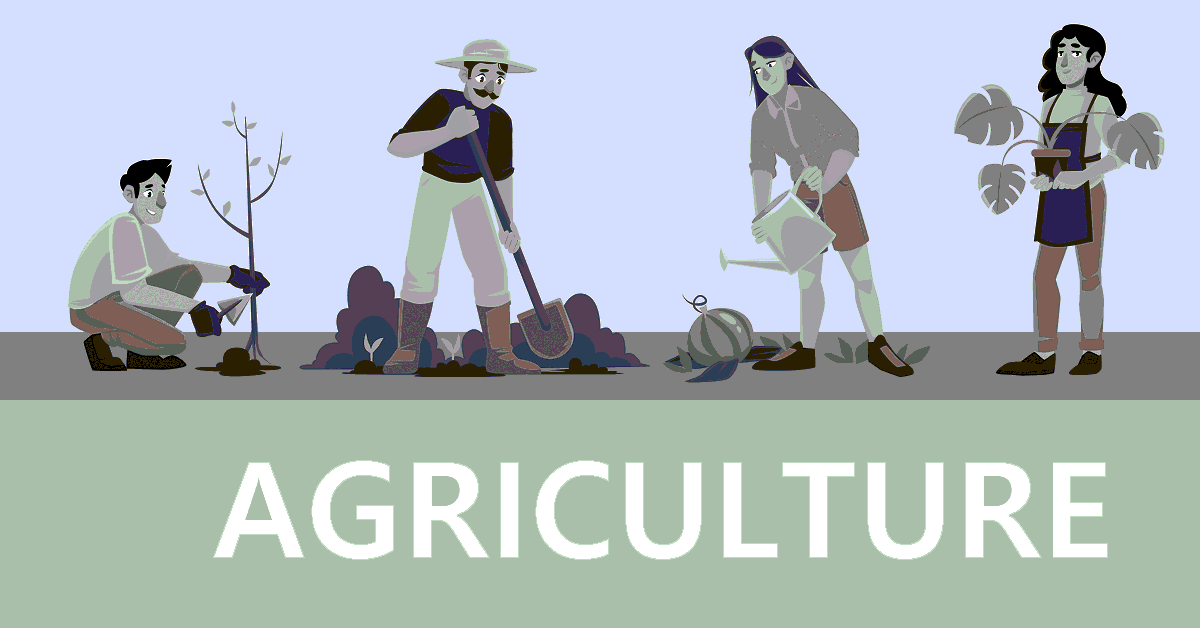
Agriculture is an integral part of the economy and society of Honduras. The sector accounts for more than 25% of the country's GDP, according to the World Bank. Despite its importance, the agricultural sector in Honduras faces several challenges that affect its growth and development. In this article, we will examine the existing challenges and discuss possible solutions to boost the industry in Honduras.
Agricultural Challenges in Honduras:
- Lack of access to finance and technology: Many small farmers in Honduras struggle to access the financing and technology needed to improve their yields and competitiveness. This makes it difficult for them to invest in their farms and adopt modern farming practices.
- Deforestation and land degradation: Deforestation and land degradation are serious issues in Honduras, and they affect the country's agriculture by reducing the amount of fertile land available for farming.
- Climate change and natural disasters: Honduras is highly susceptible to natural disasters such as hurricanes, droughts, and floods, which can have a significant impact on agriculture. Climate change exacerbates these issues by making extreme weather events more frequent and severe.
- Poor infrastructure and transportation: The lack of good roads, bridges, and other transportation infrastructure in Honduras makes it difficult for farmers to transport their crops to markets and access inputs like seeds and fertilizers.
Solutions to Overcome Agricultural Challenges in Honduras:
- Investment in research and development: Investment in research and development can help to improve the productivity and competitiveness of the agricultural sector in Honduras. This can involve developing new technologies, improving seed varieties, and promoting sustainable farming practices.
- Access to finance and technology: Providing small farmers with access to financing and technology can help them to improve their yields and competitiveness. This can involve setting up microfinance programs, providing training on new farming methods, and promoting the use of modern equipment.
- Promotion of sustainable agriculture: Promoting sustainable agriculture practices, such as agroforestry, can help to reduce the impact of deforestation and land degradation on the agricultural sector in Honduras. This can involve setting up demonstration projects, providing training on sustainable farming practices, and supporting farmers who adopt these practices.
- Investment in infrastructure and transportation: Improving infrastructure and transportation in Honduras can help to reduce the costs of transportation for farmers and improve access to markets. This can involve building roads, bridges, and other transportation infrastructure, as well as improving the country's port facilities.
Case Study:
Agro-Forestry Project in Honduras A successful example of sustainable agriculture in Honduras is an agro-forestry project in the country's central region. The project involves planting trees on farmland to provide shade for coffee plants and to prevent soil erosion. The trees also help to absorb carbon from the atmosphere, making the farming more sustainable and environmentally friendly.
The project has been successful in improving the yields of coffee crops and providing farmers with additional income from the sale of forest products. The project has also helped to improve the local environment by reducing deforestation and promoting biodiversity.
Quotes from Industry Experts and Farmers "The agro-forestry project has been a game-changer for coffee farmers in Honduras. Not only has it improved the yields of coffee crops, but it has also provided farmers with an additional source of income from the sale of forest products." - Farmer in Honduras
"Investing in research and development is key to improving the productivity and competitiveness of the agricultural sector in Honduras. By developing new technologies and promoting sustainable farming practices, we can help to overcome the challenges faced by farmers in the country." - Agricultural Expert
Conclusion
In conclusion, the agricultural sector in Honduras faces several challenges, including lack of access to finance and technology, deforestation and land degradation, climate changes, and poor infrastructure. However, by implementing the solutions discussed in this article, such as promoting sustainable agriculture practices, improving access to finance and technology, and investing in rural infrastructure, the agricultural sector in Honduras can be revitalized and become a key driver for the country's economic growth and development. With the right policies and investments, Honduras has the potential to overcome its agricultural challenges and achieve a sustainable and thriving agricultural industry.
In order to achieve this, it is crucial for the government, private sector, and international organizations to work together to create a supportive environment for the development of the agricultural sector. This may include providing training and education programs for farmers, supporting research and development initiatives, and investing in rural infrastructure. Additionally, it is important to engage with farmers and other stakeholders in the sector to understand their needs and ensure that solutions are tailored to the specific challenges they face.
Overall, the agricultural sector in Honduras has the potential to become a major contributor to the country's economy and development, but this will require a concerted effort to overcome the challenges it faces. By promoting sustainable agriculture practices, improving access to finance and technology, and investing in rural infrastructure, Honduras can revitalize its agricultural sector and build a brighter future for its people and economy.
Agricultural Science


